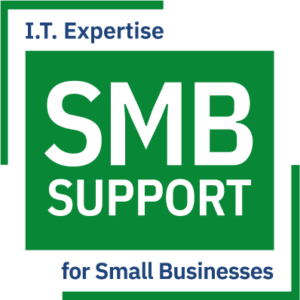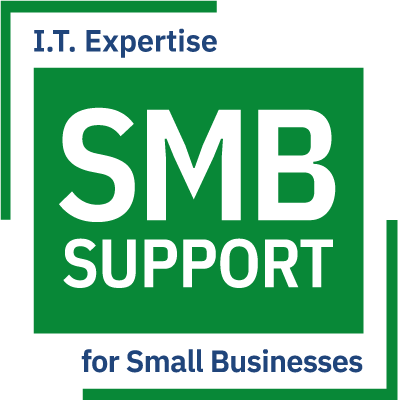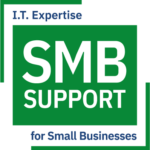60 Second Rundown…
- What is the Cloud? Cloud computing happens remotely, rather than on-site.
- Hybrid Cloud Computing: A combination of cloud- and premise-based services is often the best solution for growing businesses.
- Everything as a Service: The depth and breadth of cloud-based services has bloomed to incorporate infrastructure, platform, and more.
- Advantages for Small Businesses: Cloud computing gives an edge to small businesses and start-ups by providing flexible systems and cost-savings solutions.

In this day and age, technology is developing at a mile a minute. As companies consume less paper, they fill more gigabytes. In many cases, digital assets are even more valuable than physical ones. To keep pace, modern organizations need reliable computing power, adequate data storage, and secure backup. Many small businesses are turning to cloud-based computing services to meet their IT needs.
What is the Cloud?
The cloud refers to computer systems and data storage accessed via the Internet, rather than on a local computer. Despite the name, cloud computing does not happen in the sky. It happens on a server somewhere. Often, cloud services distribute the workload across a network of servers in different locations.
Hybrid Cloud Computing
Information Technology (IT) is rapidly changing, and adaptability gives companies a competitive edge. A hybrid cloud system allows for a blend of on-premise infrastructure with cloud-based computing. Developing and maintaining all IT resources in-house is costly. However, keeping some services on-site can be beneficial. A hybrid system lets businesses take advantage of both cloud computing and on-site IT. That way you can choose the one that makes sense for any given situation.
Everything as a Service
Cloud computing providers offer services to organizations through a variety of models. The flexibility of a service-oriented structure means that small businesses can optimize resources and reduce costs. Cloud services are easy to access and involve little capital expenditure. Users can access what they need anywhere from any device. There are three main subcategories of services.
1. Infrastructure as a Service (IaaS) is the physical computing resources such as servers, security, and backup.
2. Platform as a Service (PaaS) is used for the development and management of applications.
3. Software as a Service (SaaS) is accessing software via the Internet rather than downloading and installing it.
Advantages for Small Businesses
Start-ups and small businesses benefit the most from the cloud computing trend. When companies are just starting, they can’t always afford to build and maintain their own IT infrastructure. Customizable cloud services lower the barrier to entry. Scalability allows businesses to grow at their own pace. Benefits of cloud computing include:
- Remote work access
- Backups to prevent data loss with
- Powerful collaboration tools
- Reduced costs
- Flexibility and growth potential
At SMB Support, we offer innovative, practical solutions for small businesses. Contact us and set up a time to discuss your specific needs.


